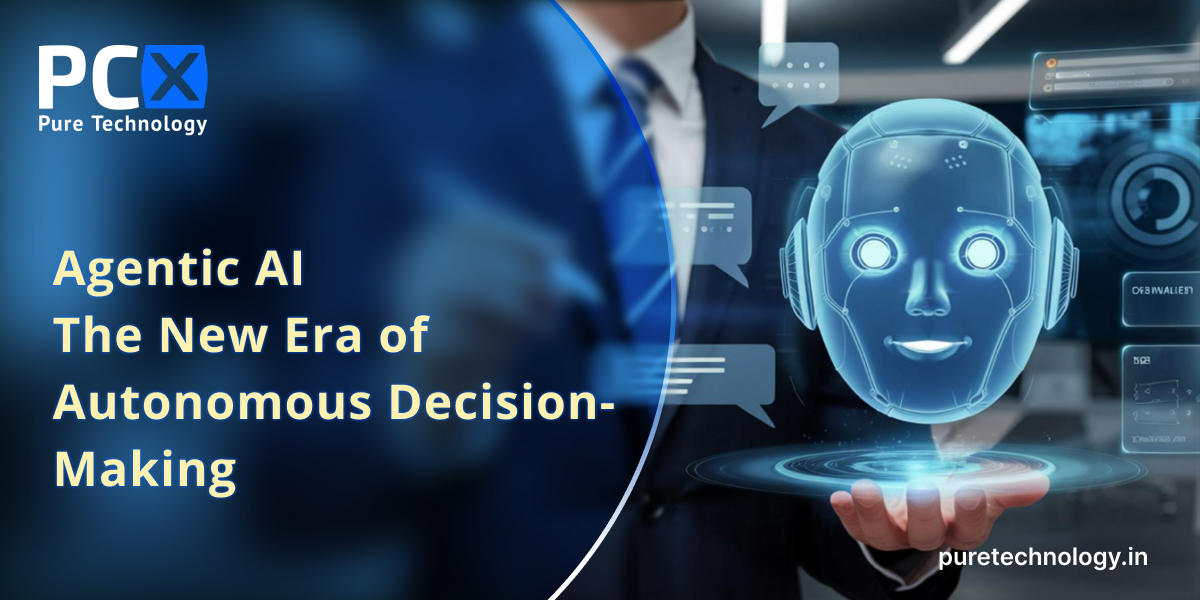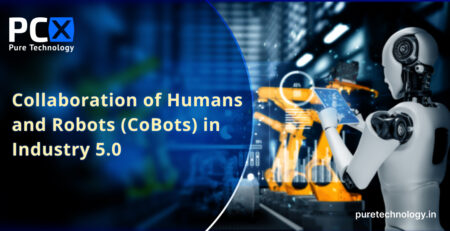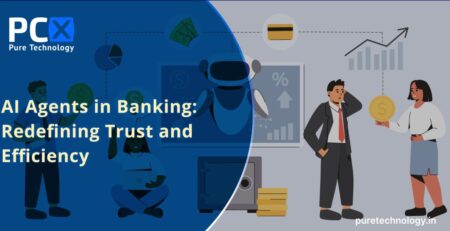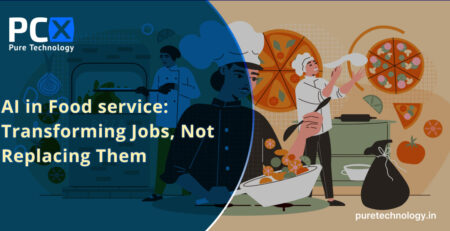Agentic AI: The New Era of Autonomous Decision-Making
Introduction
Artificial Intelligence is undergoing a transformative evolution with the emergence of Agentic AI—systems that operate autonomously, make complex decisions, and execute multi-step workflows without constant human oversight. Unlike reactive chatbots or rule-based automation, Agentic AI proactively plans, adapts, learns, and collaborates to achieve defined goals. In 2025, Agentic AI is reshaping industries by enabling intelligent, adaptable automation that drives efficiency, scalability, and innovation. Pure Technology is leading this revolution by helping businesses harness Agentic AI to unlock unprecedented operational agility and insight.
What is Agentic AI?
Agentic AI refers to autonomous AI agents equipped with advanced reasoning, decision-making, and learning capabilities that allow them to operate independently across complex, dynamic environments. These systems:
- Plan and execute sequences of tasks toward goals
- Integrate with APIs, databases, and enterprise software
- Continuously learn and improve from real-time feedback
- Collaborate with humans and other AI agents seamlessly
Unlike simple chatbots responding to prompts, Agentic AI acts—it completes workflows, adapts to changing scenarios, and solves problems that unfold across multiple steps.
Key Features of Agentic AI
- Autonomous Decision-Making: Agentic AI anticipates needs and takes initiative rather than waiting for explicit instructions. For example, a supply chain Agentic AI might reroute shipments proactively based on weather disruptions to avoid delays.
- Multi-Step Reasoning: These agents perform complex reasoning processes such as Perceive → Reason → Act → Learn, enabling them to solve problems requiring several interconnected actions.
- Continuous Learning: Real-time feedback loops allow agents to refine their strategies and improve effectiveness over time, adapting to evolving environments without manual retraining.
- Tool Integration: Agentic AI interacts seamlessly across enterprise systems—including CRM, ERP, identity management, and cloud platforms—providing end-to-end automation.
How Agentic AI Differs from Traditional AI
- Traditional AI, like chatbots, respond reactively to inputs but do not perform autonomous actions.
- Rule-based systems automate predefined tasks but struggle with dynamic conditions or unforeseen scenarios.
- Generative AI creates content based on prompts but doesn’t decide or act autonomously.
- Agentic AI bridges these gaps by combining creativity, reasoning, and autonomous execution in one system.
Real-World Agentic AI Applications
- Human Resources: IBM’s AI HR agents autonomously process leave requests, manage payroll exceptions, and assist employees, drastically reducing manual overhead.
- Supply Chain: Agentic AI dynamically manages inventory and logistics, automatically adjusting procurement and delivery to optimize costs and reduce waste.
- Customer Service: Agentic AI bots handle multi-step support workflows, including issue diagnosis, solution implementation, and escalation with minimal human intervention.
- IT Operations: Agents monitor networks continuously, detect anomalies, and remediate issues automatically before they affect users.
Benefits of Agentic AI
- Increased Operational Efficiency: Automates complex, multi-step workflows across departments.
- Improved Agility: Adapts rapidly to shifting conditions and business priorities.
- Cost Savings: Reduces manual intervention and accelerates process execution.
- Enhanced Decision Quality: Continuously learns and applies improved strategies.
- Scalability: Expands capabilities without proportionally increasing workforce or manual process overhead.
- Collaborative Intelligence: Combines human insight with autonomous AI for optimal outcomes.
Challenges and Considerations
- Technical Complexity: Designing and deploying Agentic AI requires expertise in AI architecture, integration, and governance.
- Governance and Control: Ensuring compliance, security, and ethical behavior remains critical as AI systems gain autonomy.
- Change Management: Organizations need cultural shifts and training to embrace autonomous AI workflows.
Conclusion
Agentic AI marks a fundamental leap in artificial intelligence—transforming AI from reactive tools into proactive, self-directed problem solvers. By embracing Agentic AI, businesses gain a competitive edge through smarter workflows, faster decision-making, and adaptive processes designed for the complexities of today’s digital economy. Pure Technology is your trusted partner for architecting and scaling Agentic AI solutions that define the future of autonomous intelligence.
Call us for a professional consultation












Leave a Reply